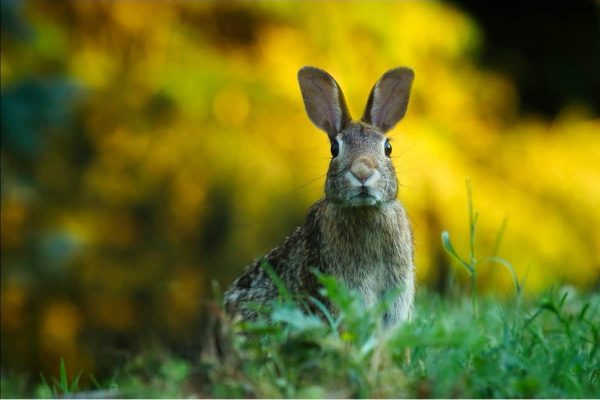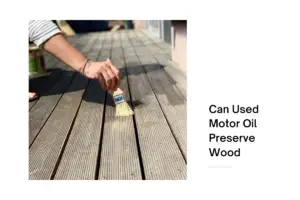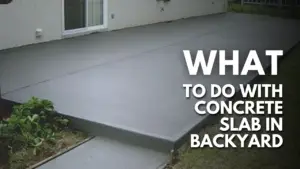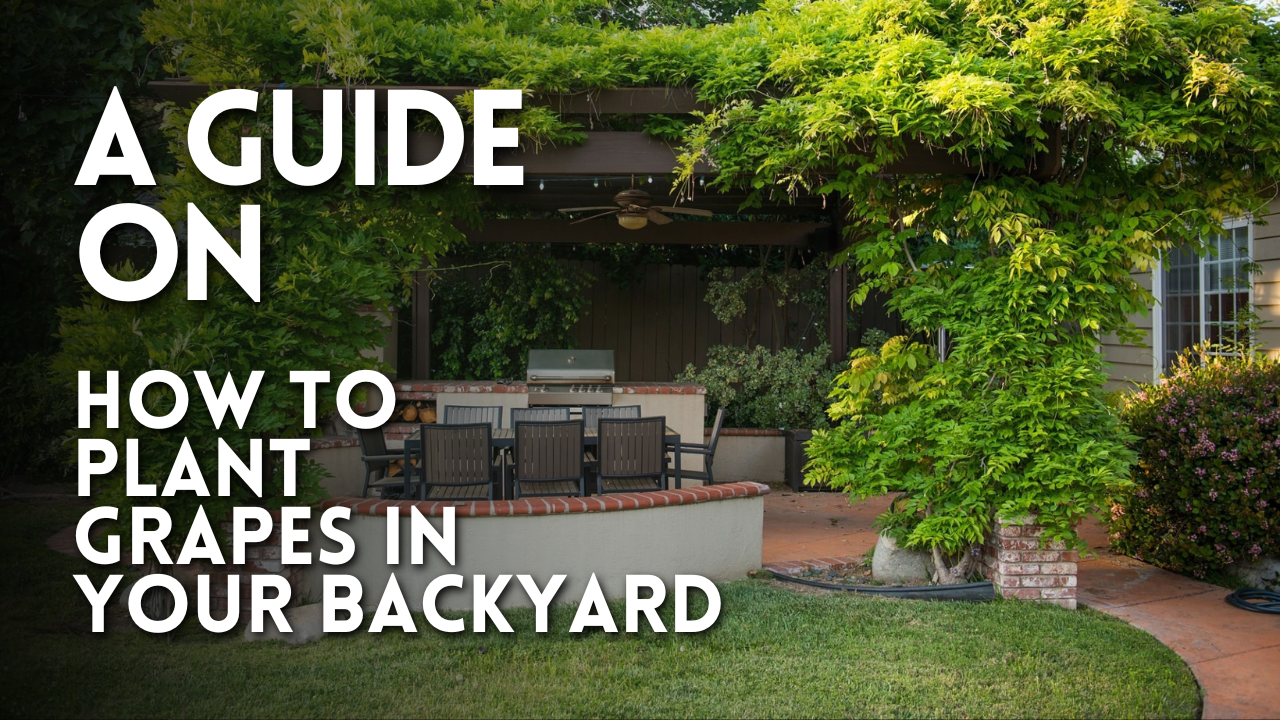The backyard and outdoor spaces provide us with opportunities to spend time with nature and recharge our batteries. However, a relaxing evening outdoors can soon become disastrous if you spot a wild critter or unknown animal in your yard or garden.
Whether large animals, like foxes or deer, or cute, tiny little critters make their way into your flowerbeds, the fact is that they can very easily ruin the landscape of your yard. Most animals enter gardens to eat your vegetables, chew on your plants, and treat your flowerbeds as their personal litter.
Watching your beautiful garden deteriorate at the hands of these animals can become frustrating, and the only way to prevent it from happening is to stop them from entering your yard in the first place. Therefore, if you have been looking for ways to keep animals out of your yard, you’re in luck.
Keep reading this guide to identify, remove, and prevent animals from wreaking havoc in your outdoor living space.

Identifying Which Animal is Entering Your Yard
If a sneaky animal has been entering your yard during the night or you are not able to recognize the animal by looking at them, consider analyzing the damage they cause. A sure way to identify what animal has been entering and ruining your yard is to see the yard’s results after leaving or hiding away or checking their footmarks or droppings.
Here are some animals that you may encounter in your backyard and ways you can identify them:
Groundhogs
These hungry herbivores eat plants, flowers, and vegetables. They dig large round burrows in the ground with piles of dirt next to them. A way to identify them is through their footprints, as the front two will have four clawed toes, and the two at the back will be five clawed toes. You are likely to see bite marks on the leaves as well.
Bunnies/Rabbits
They may be cute animals, but they can wipe out your vegetable garden overnight. They would also dig numerous holes in the ground and cause slight depression in your mulch. Another way to identify whether bunnies are the culprit is by identifying their pea-sized droppings.
Raccoons
The most notorious animals that come out only during the dark are these sneaky animals. Signs that a raccoon has entered your yard are scattered trash, missing fish in a fountain or pond, and missing food in the bird feeder.
Squirrels
These tiny animals will nibble on your plants and vegetables and cause tiny holes in the ground. If you have a bird feeder, they will eat from that, too. If you notice all of these signs, the chances are that a squirrel is wreaking havoc in your yard.
Deer
They love to munch on leafy plants, vegetables, and fruits. So, if you notice your edible plants half-eaten or nibbled off, you know for sure that you are dealing with a deer. Since a deer has a large appetite, likely, this damage will not be minimal. Moreover, you can also identify the animal by looking at their droppings and footmarks; deer droppings are typically pellet-shaped. Their footprints are likely to be shaped like upside-down hearts.
How to Keep Animals Out of Your Yard
Here are some effective ways to stop unwanted animals from entering your yard and ruining the landscape.
1. Repellants
One of the easiest ways to keep animals out of your yard is by spraying repellants around the areas that they frequent. Local gardening stores have special repellants, depending on what animal you want to keep out, which you can buy. Alternatively, you can also make a DIY repellant yourself to drive away squirrels and raccoons. However, DIY repellants are not as effective as store-bought ones. You can also use other scent repellants such as garlic dips, castor oil, or a specific animal’s predator urine.
2. Make Your Garden Less Attractive to Animals
Remove any large bushes, nesting areas, and tall grasses to prevent animals from making a home in your yard. You can also seal off any crawling spaces beneath your patio and deck for them to hide out and stay in.
3. Use Your Pets to Drive Away Unwanted Animals
Your pets can often become a nuisance in your garden. However, when it comes to keeping animals out of your yard, they can be instrumental in driving the unwanted critters away. Your dog or cat can catch, scare, or deter the unwanted animals, who will then likely not return.
4. Use Live Traps
You can set up traps around areas frequented by these unwanted animals. These traps are often made for small animals like squirrels and rabbits. Here is a guide on how to make your DIY trap for small animals.
5. Build a Fence in Your Yard
If larger animals are visiting your yard, or if you are searching for a long-term solution to prevent animals from entering the yard, then you can consider putting up fences. An electrical fence would be a reliable way of keeping animals out for good, but it is costly.
Additionally, make sure that you bury the barbed wire at the bottom of the fence to prevent the animals from digging underground and tunneling their way into your yard. So, if you don’t want to spend too much, you can put up a mesh fence instead.
6. Build a Barrier around the Vegetable Garden
You can use a galvanized cloth to build a barrier around your vegetable garden to prevent rabbits and squirrels from entering the garden. You can find this cloth from any hardware store, and since you would want to build a high barrier, get a tall and thin gauge. However, make sure it is bendy and sturdy.
Bonus Tips on How to Keep Animals Out of Your Yard
- Build smaller bird feeders
- Keep your backyard clean and free of leftover food or trash
- Gather any fallen fruits and pick out vegetables and fruits regularly from plants
- Install motion-activated sprinklers or lights and noisemakers in your yard to scare the animals away
- Put a wood peg on your yard with a cloth soaked in white vinegar to deter any stray cats
- Keep locks on your trash bins
So, these were some of the methods on how to keep animals out of your yard. Remember, you can get rid of the animals without taking their lives. The best method to keep unwanted animals out is the one that is the most humane and does not harm them. Even with live traps, ensure that you get ones that simply trap them, not kill them.











